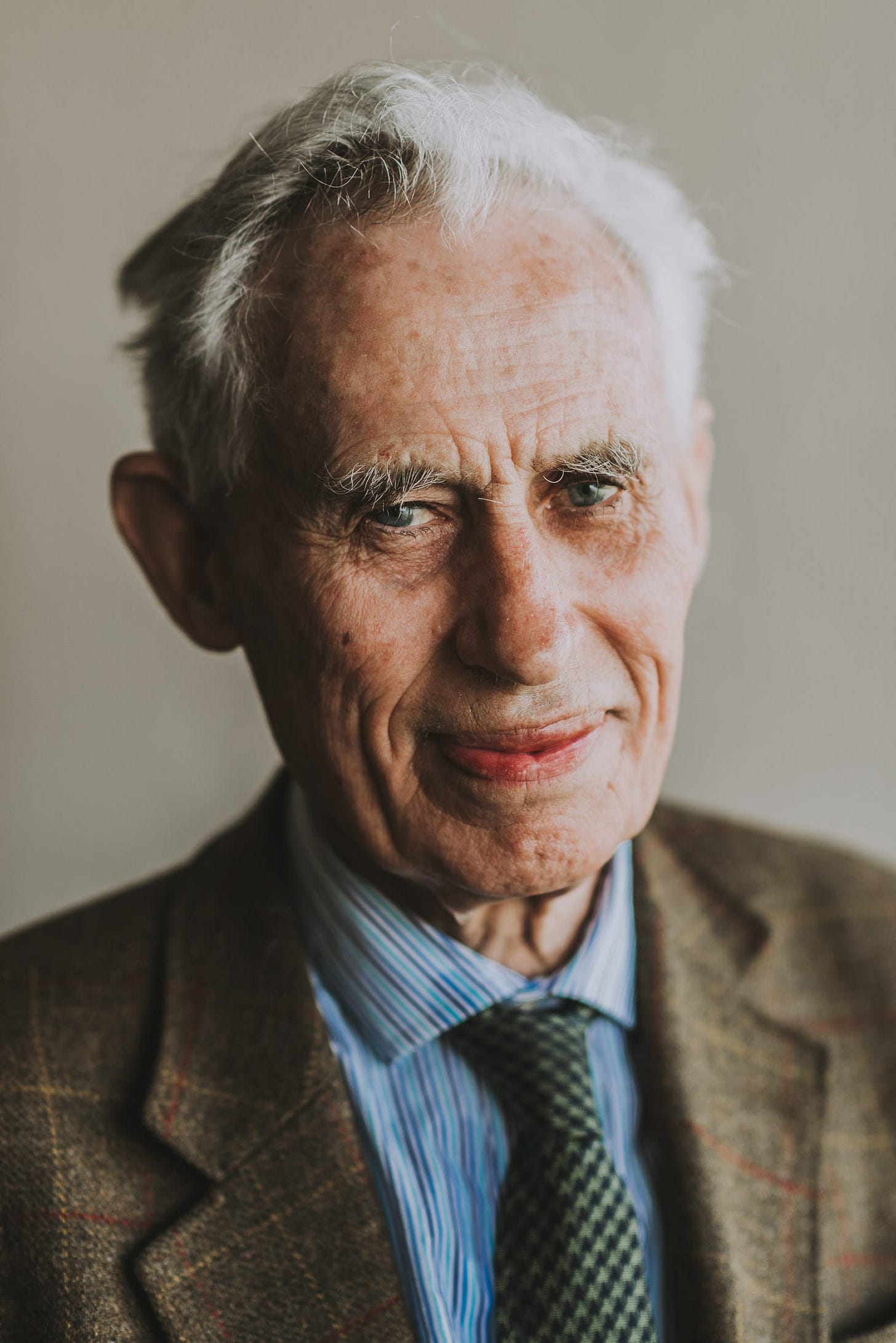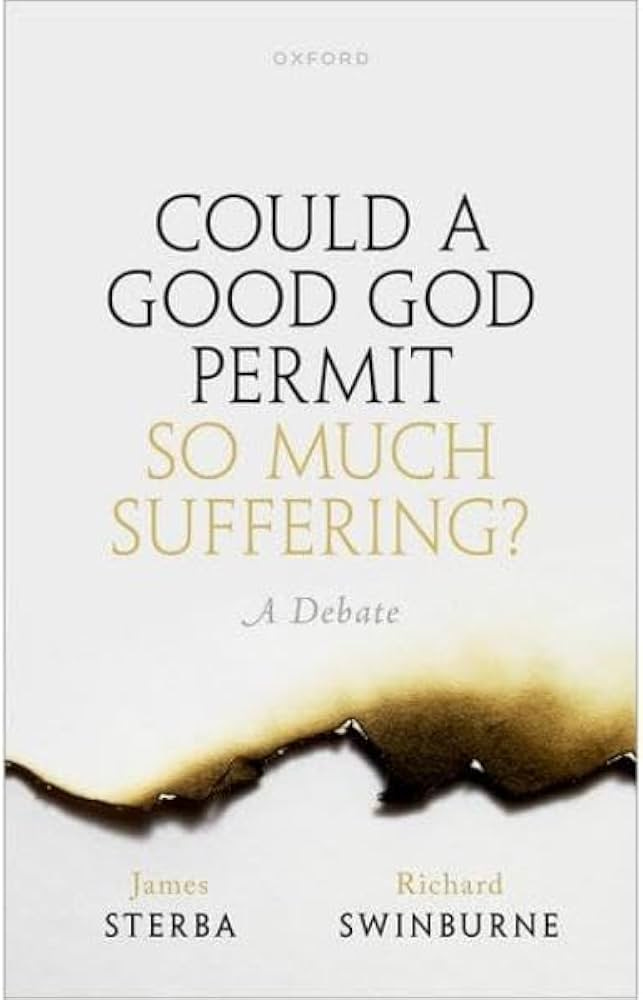What The World's Best Christian Philosopher Can Teach Us About Effective Altruism
a lesson from Richard Swinburne
This is a guest post by Amos Wollen who blogs over at Going Awol.
Christ and Counterfactuals publishes posts by multiple authors who have different, sometimes contradictory views that do not represent those of Effective Altruism for Christians.

EAs pour a ton of energy into preventing low probability, high-impact disasters —nuclear war, biosecurity hazards, AI going rogue and turning us all into paperclips, etc.
Likewise, some EAs try to promote low probability, high-value opportunities: moonshot breakthroughs in space exploration, for instance, or ‘solving the world’ with aligned AI.
This sort of “moonshot morality” leaves many of us feeling cold. Paradigmatic good deeds — recuing cute kittens, ladling broth at a soup kitchen, bringing cheer to sick children — feel warm and fuzzy to undertake. Donating to a charity which promises a 2% chance at fixing something that has only a 40% chance of being a real problem doesn’t hit quite the same, even if the expected value is still mindbogglingly high.
For Christians, and, really, anyone committed to cultivating a virtuous character, this fact might ring some alarm bells: even if (in expected value terms) focusing on low probability, high-impact opportunities is extremely worth doing, such a focus seems unlikely to “supplement your faith with virtue” (2 Peter 1:5).
Recently, I read a debate book by Richard Swinburne and James Sterba on the problem of evil. (Swinburne, for context, is the most important living Christian philosopher and philosophical theologian — at least in my estimation.)
The book is dense, but quite good — would recommend!
Anyway, at one point, Swinburne tries to explain why God gave us imperfect knowledge about the causes and effects of our actions — why it is, for example, that we don’t always know whether giving to charity X is better than giving to charity Y.
What he wrote made a nest in my brain:
“[One] reason why it is good that the human race should sometimes be in an initial situation of considerable ignorance about the causes and effects of our actions, is this. If God abolished the need for rational inquiry and gave us from childhood strong true beliefs about the causes of things, that would make it too easy for us to make moral decisions. As things are in the actual world, most moral decisions are decisions taken in uncertainty about the consequences of our actions. I do not know for certain that if I smoke, I will get cancer; or that if I do not give money to some charity, people will starve. So we have to make our moral decisions on the basis of how probable it is that our actions will have various outcomes—how probable it is that I will get cancer if I continue to smoke (when I would not otherwise get cancer), or that someone will starve if I do not give. Since probabilities are so hard to assess, it is all too easy to persuade yourself that it is worth taking the chance that no harm will result from the less demanding decision (the decision which you have a strong desire to make). And even if you face up to a correct assessment of the probabilities, true dedication to the good is shown by doing the act which, although it is probably the best action, may have no good consequences at all.” (Could a Good God Permit so Much Suffering? A Debate, pp. 52-53.)
I think this is very insightful. Trying to do good in the face of uncertainty — trying to do what is ‘probably best’ (or has the highest expected value), even if your efforts amount to nothing in the end — is in fact the height of virtue. It’s easy to hype yourself up about saving cute, cuddly kittens, especially when you get to hold them afterwards; it’s far harder to find it in one’s heart to improve the lot of non-existent future generations, black soldier flies, or farmed shrimp.
She who donates to the shrimp welfare project — especially she who is undecided on matters of shrimp sentience — both reveals and enacts an authentic concern for morality.





Great post, Amos!
I never felt comfortable with the argument that expected value calculations justify giving priority to moonshots. I have made some counterarguments previously, but I thought of another just now, which is that the economy, which is how we accomplish most things, doesn't really run off of moonshots, most of the work is done in pursuit of much surer things.
I do think EA as a whole sees the moonshot as one tool among many, and accordingly, there are a lot of efforts in stuff that is higher probability.
An interesting corollary of the EV stuff is that perhaps we would all be wealthier if more money were being put into market moonshots. It's an interesting question whether we have the right ratio of unicorn chasing, both in the economy, and in EA.